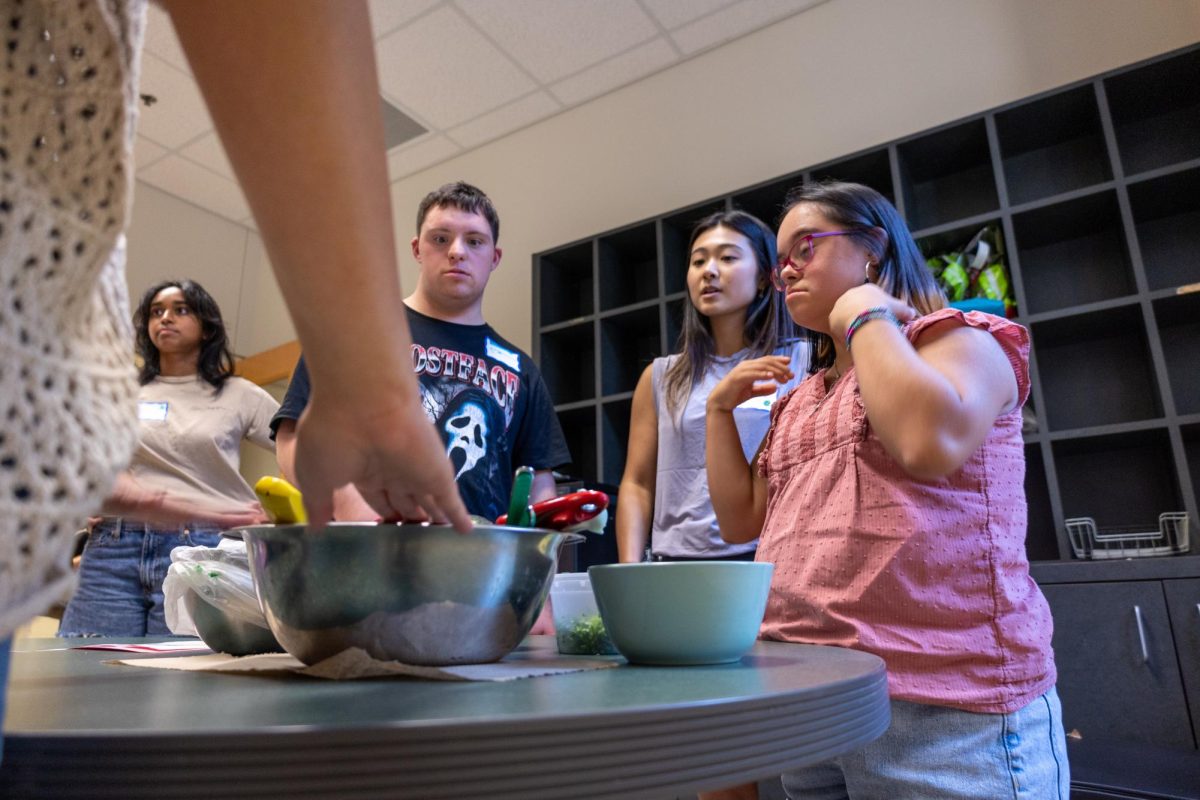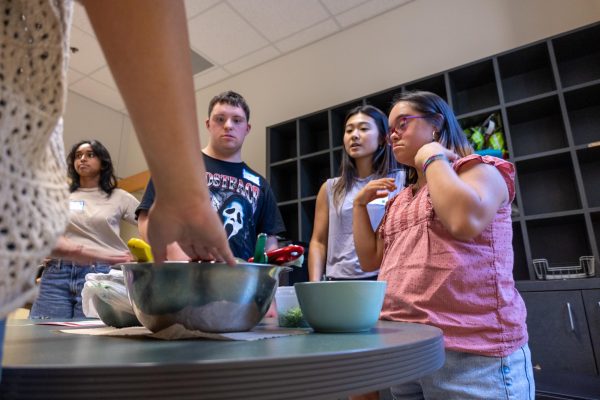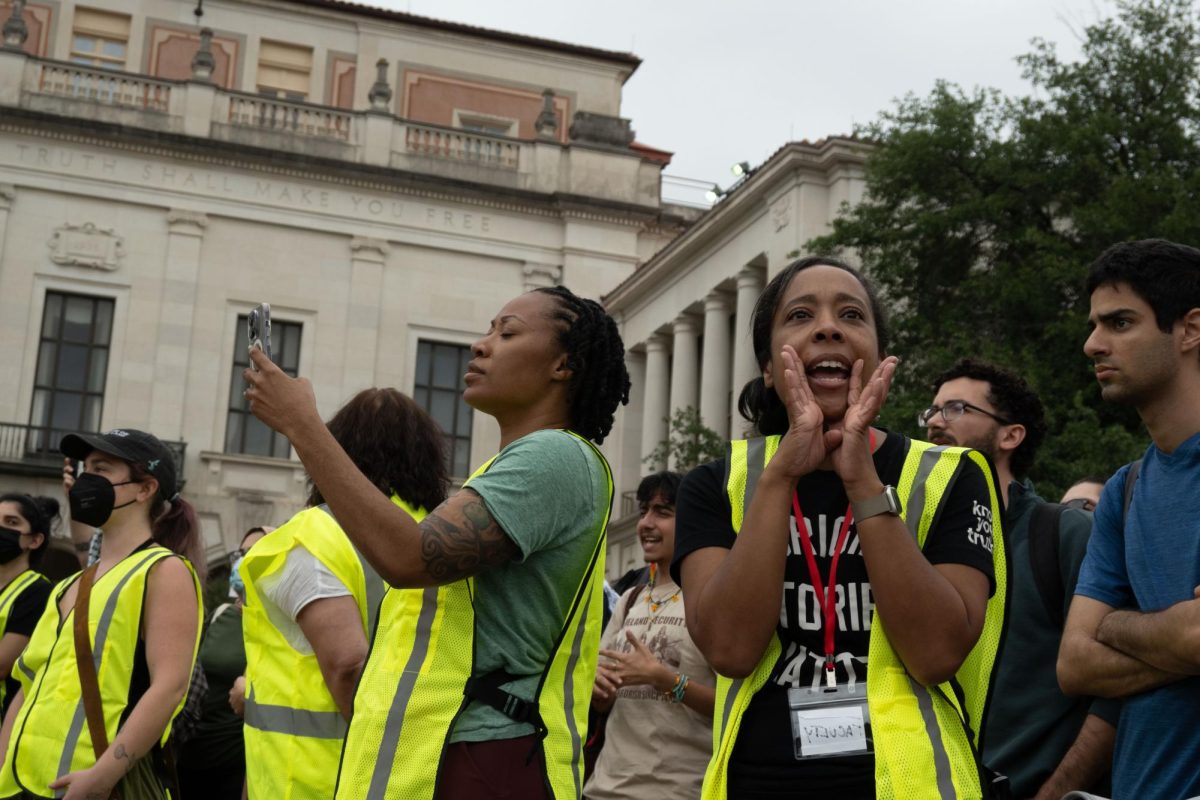UT’s Lifelong Learning with Friends program provides access to post-secondary education courses for adults with intellectual and developmental disabilities, allowing them to continue their education at their own pace. A research paper published last month found the program increases social and educational outcomes for adults with disabilities.
Started in 2010 by associate neuroscience professor Jonathan Pierce, the program has developed over 200 courses covering various topics like STEM, personal development and the humanities during the traditional fall, spring and summer semesters. Students can take as many classes that suit their interests each semester.
Pierce, who has a son with Down Syndrome, said he created the program when he realized his son’s educational opportunities would greatly diminish after graduation from high school. The program now supports over 250 adults with disabilities and 150 student volunteers annually.
“Every other year, he’d get a fantastic teacher who’s pushing him to learn more things than even I thought he could, and it’d just be really sad if it just stopped when he finished high school,” Pierce said.
Pierce said the program employs a reverse-inclusion model to bring neurotypical students into special education settings, creating bi-directional academic and social learning.
“There’s so much attention on children with special needs. It’s just awesome … We need that,” student volunteer Alisa Ishikawa said. “But adults need it just as much. Adults need to interact, adults need to communicate daily with friends, and I think there needs to be more opportunities like this, and I’m just glad I found that.”
Jack Shepherd, a student taking classes with Lifelong Learning with Friends, attended a cooking class and said he’s learned about topics ranging from musicals to ways to regulate his emotions.
“I like the volunteers and the students because it gives me an opportunity to meet new people, and I really like that,” Shepherd said. “I like to expand my horizons.”
Pierce and program director Kaelin Rubenzer published a paper last month which found the program increases the self-expectations of adults with intellectual and developmental disabilities but also gives student volunteers who are future physicians, educators and scientists important real-world training in working with these individuals.
“For the 1,500 volunteers that we’ve recruited over this long time that we’ve been running the program, about 40% of people have never had firsthand experience with people with disabilities, which is crazy, because they make up such a large population,” neuroscience graduate Rubenzer said. “I think it’s just really important that this platform is connecting UT students with people with disabilities, that visibility is so key to improving advocacy and support for (people with disabilities).”
Volunteers and students alike said the bonds they form and the familiar faces they see bring them back to new classes each semester. Ishikawa said she was excited to see everyone she hadn’t seen since she last volunteered.
“I love it because it’s a hodgepodge of students that I have worked with in the past, so it’s just good to see them,” Ishikawa said. “One of (the students) was my best friend last summer, and I haven’t seen her since that class. I’m with her now again in this class.”















